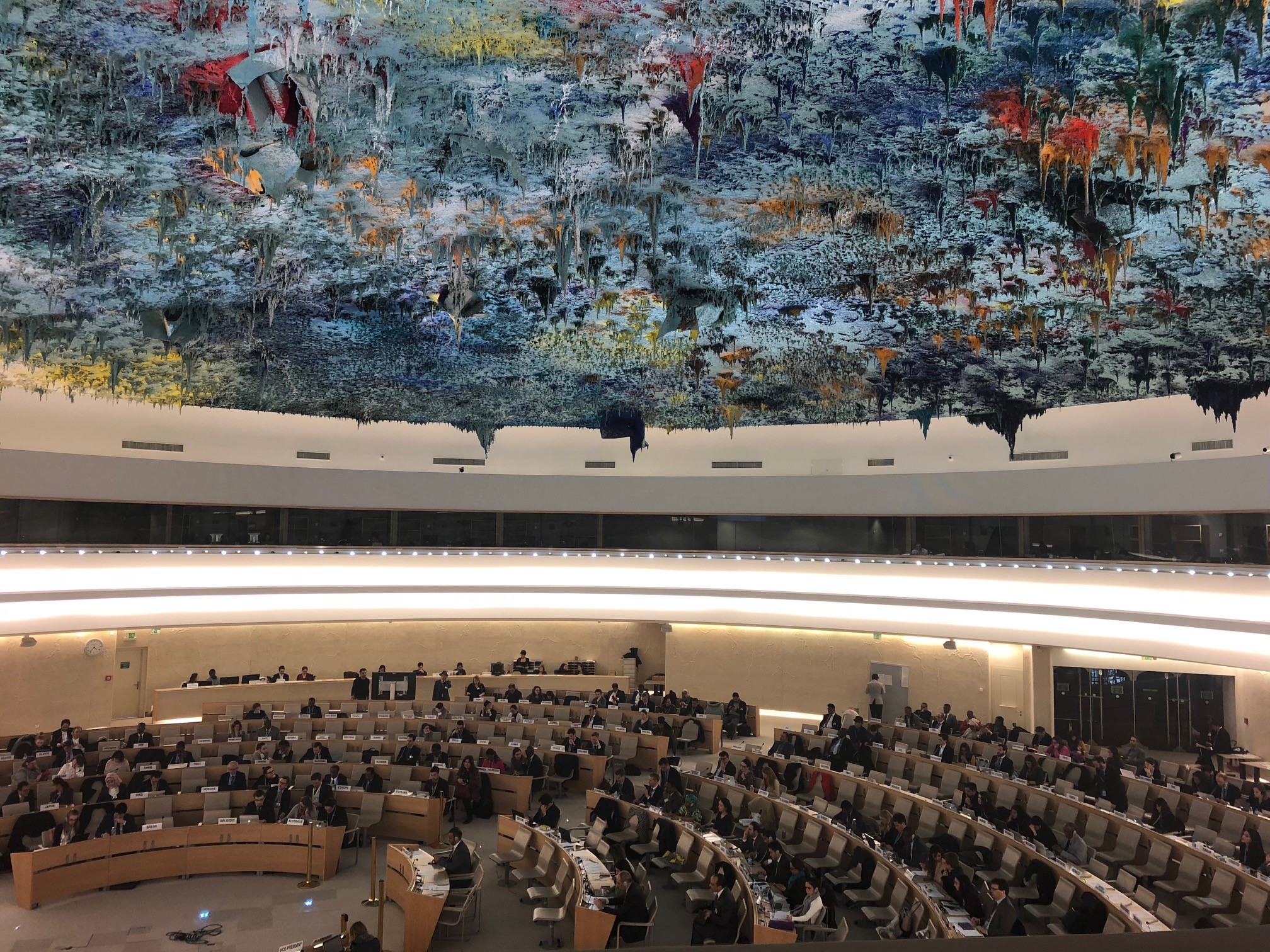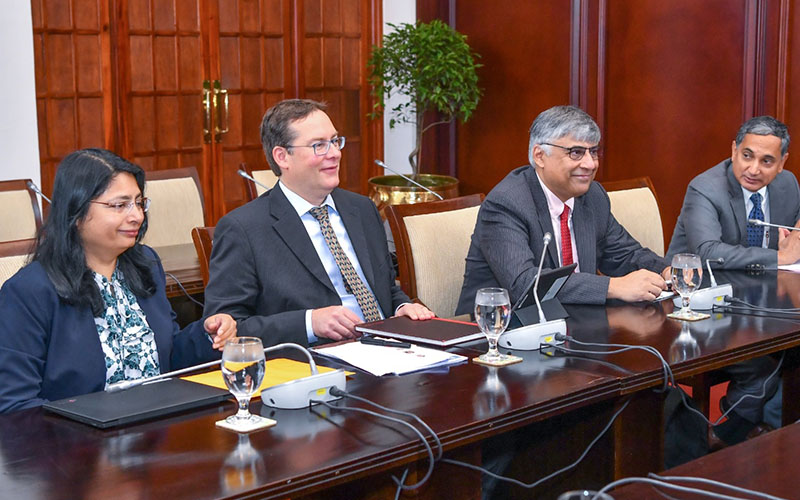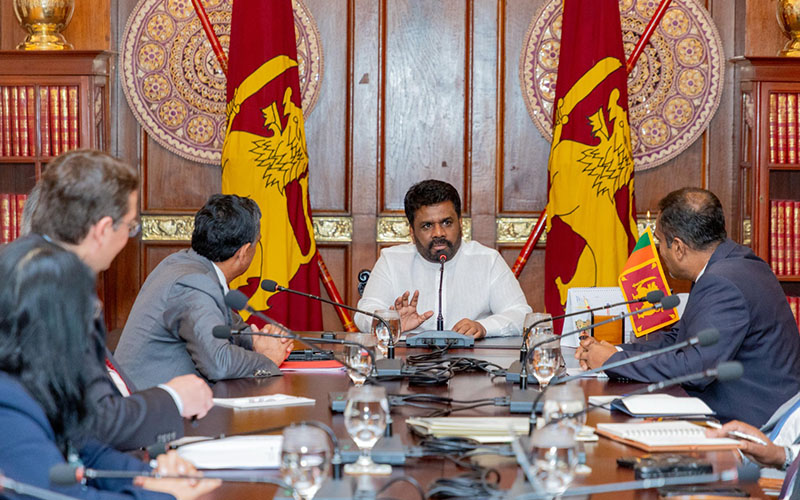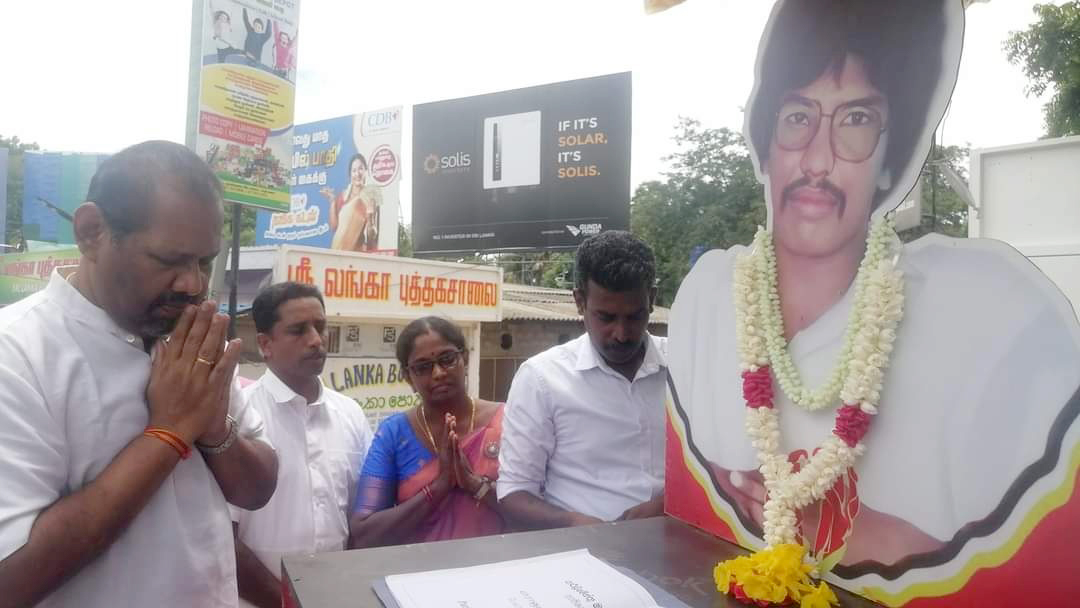
Tamil political parties across the island have begun filing their nomination papers for candidates ahead of Sri Lanka’s parliamentary election next month.
Tamil political parties across the island have begun filing their nomination papers for candidates ahead of Sri Lanka’s parliamentary election next month.
Tamil National People’s Front (TNPF) Honors Thileepan

Members of the Tamil National People’s Front (TNPF) paid tribute at the Lt Col Thileepan memorial in Nallur before officially filing their nomination papers. As a mark of respect, they placed the papers in front the memorial before proceeding to the elections office. Among those present were MP Selvarajah Kajendran, lawyer and legal adviser Nadarajar Kandeepan, Sugash Kanagaratnam, Vasuki Sudhakar, and Thangavel Jegatheeswaran party leader Gajendrakumar Ponnambalam.
Sasikala Raviraj announces candidacy

Sasikala Raviraj, widow of the assassinated MP Nadarajah Raviraj and a former Tamil National Alliance (TNA) candidate for Jaffna, has signed nomination papers to run on behalf of the Democratic Tamil National Alliance (DNA) in the upcoming parliamentary elections.
In the 2020 parliamentary election, Raviraj was involved in a notable intra-party dispute with then fellow TNA candidate M A Sumanthiran over a recount of preferential votes in the Jaffna district, which created significant controversy. Initially, Raviraj had expected to finish second, securing a parliamentary seat, but she was later informed that the seat had been awarded to Sumanthiran, leaving her shocked and uncertain. Constituency agents and several media outlets had also predicted Raviraj's second-place finish, yet the final result differed.
In the wake of the result, Sumanthiran was escorted by Special Task Force troops as crowds accused him of being a "cheat" and a "traitor." Raviraj’s daughter, Praviinaa, voiced her concerns on Facebook, alleging interference in the recount process. She claimed that Sumanthiran and an associate were present with election officers during the final tally.
With the TNA now disbanded, Raviraj will be running with the Democratic Tamil National Alliance, an alliance consisting of parties that pulled out of the TNA due to differences with the Ilankai Tamil Arasu Katchi (ITAK) leadership.
ITAK still reeling from controversy
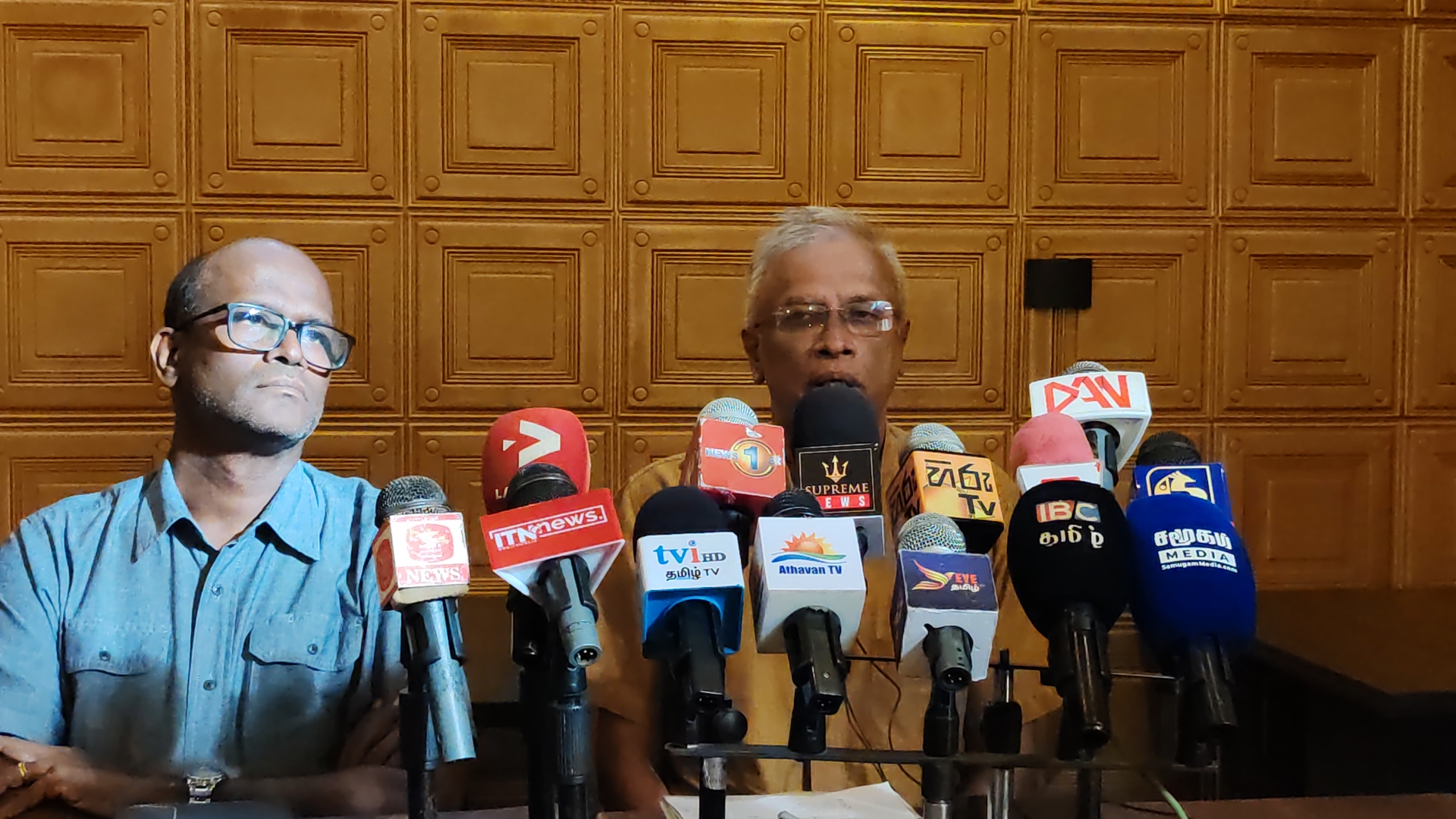
Recent months have seen splits rock the ITAK, one of the island’s oldest Tamil political parties.
The ITAK, also known as the Federal Party, has a rich history dating back to S J V Chelvanayakam – a legendary figure fondly remembered as the father of Eelam Tamil nationalism. In 2001, with the overt backing of the Liberation Tigers of Tamil Eelam (LTTE), the party led the newly formed Tamil National Alliance (TNA) coalition.
In the wake of the 2009 genocide and the defeat of the LTTE, the alliance depended on its near-monopoly of Tamil nationalist politics to defend unpopular positions and partnerships – including the backing of other Sinhala candidates at previous presidential polls. Sumanthiran, a divisive figure within the Tamil polity, would staunchly defend such moves, despite the backlash.
But in recent years discord has grown and the parliamentary election of 2020 saw the party lose six seats. Other parties such as the TNPF and the Tamil Makkal Thesiya Kootani (TMTK) began gaining seats at the ITAK’s expense. In 2022 TELO leader Selvam Adaikalanathan lashed out at his colleagues in the TNA, claiming there were “two black sheep” in the coalition – hinting at both Sumanthiran then party leader R Sampanthan.
Last year the TNA was disbanded after constituent parties Tamil Eelam Liberation Organisation (TELO) and People's Liberation Organisation of Tamil Eelam (PLOTE) quit, leaving the ITAK out on its own and almost derelict. Sampanthan passed away aged 91, earlier this year, having refused to ever step down as leader.
At a media briefing in Jaffna this week, the ITAK announced it’s own candidates, including current leader-elect Sivagnanam Shritharan, Sumanthiran, S C Elangovan, Kesavan Sayanthan, Chandralingam Sukirthan, Surekka Saseendran, Emmanuel Arnold, Krishnaveni Siridharan, and Thiagaraya Prakash.
Former MP Shanakiyan Rasamanickam from the Batticaloa District, Party Youth Leader Krishnapillai, former mayor Thiagaraja Saravanabhavan, and retired doctor Sirinath were also listed as candidates.
Democratic Tamil National Alliance eyes up Colombo
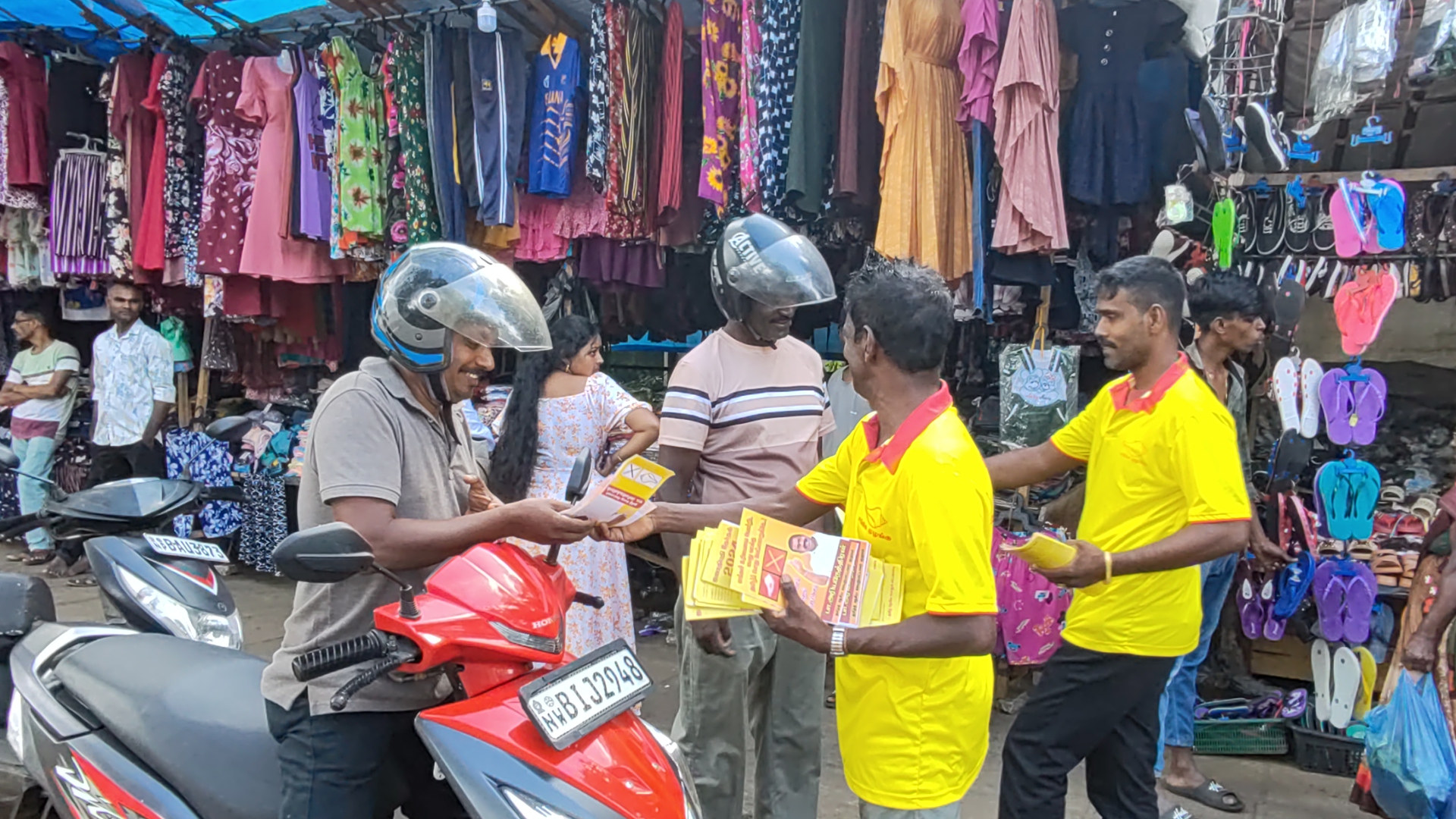 In a strategic move, the Democratic Tamil National Alliance meanwhile announced its decision to contest the upcoming parliamentary elections in Colombo, shifting focus beyond its traditional base in the North-East. This marks a significant departure for the alliance, which will now campaign under the conch symbol. The announcement was made by Suresh Premachandran during a media briefing at his residence in Jaffna. Last week
In a strategic move, the Democratic Tamil National Alliance meanwhile announced its decision to contest the upcoming parliamentary elections in Colombo, shifting focus beyond its traditional base in the North-East. This marks a significant departure for the alliance, which will now campaign under the conch symbol. The announcement was made by Suresh Premachandran during a media briefing at his residence in Jaffna. Last week
Premachandran highlighted that the Democratic Tamil National Alliance is a registered party that previously campaigned using the Kuthu Vilakku (traditional oil lamp) symbol. He reflected on the alliance's electoral journey, particularly the collaboration during the last presidential election, when P. Ariyanenthiran ran as a ‘common’ Tamil candidate. Running under the conch symbol, the alliance managed to secure over 200,000 votes in the previous election—a move he termed a significant achievement.
To further solidify its electoral presence, the Democratic Tamil National Alliance, in conjunction with Tamil political parties and civil organizations, submitted a request to the Election Commission to adopt the conch as their official symbol for the forthcoming elections. This request, supported by a consensus among Tamil parties and civil groups, was approved, allowing the alliance to proceed with the new symbol.
Adaikalanathan Expresses Doubts About the National People’s Power (NPP)
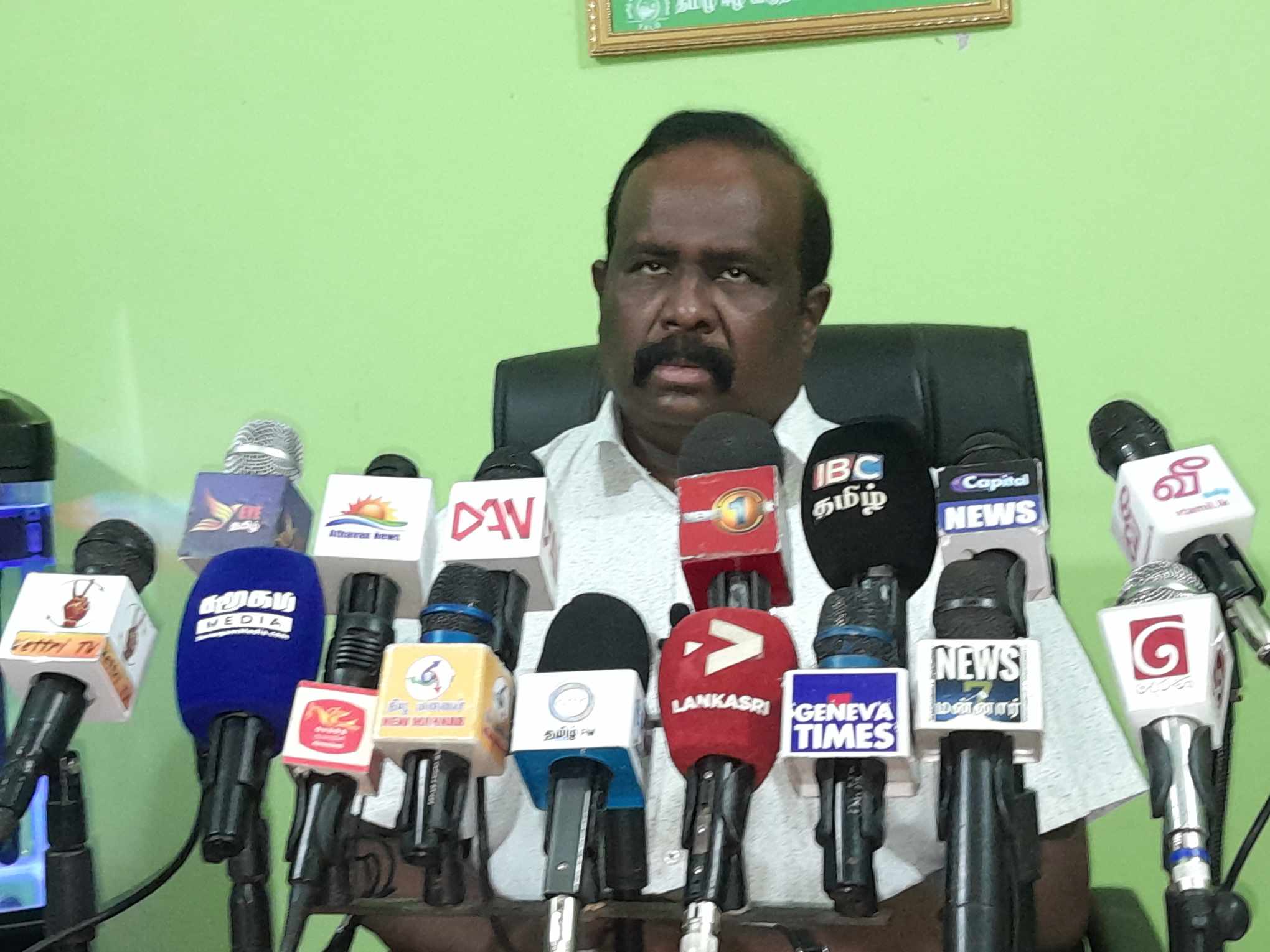
The announcement by the Democratic Tamil National Alliance come as Selvam Adaikalanathan, head of the Tamil Eelam Liberation Movement (TELO) and a former parliamentarian, raised doubts about the National People’s Power (NPP) addressing the ethnic issues faced by Eelam Tamils. Speaking at a media briefing in Mannar, he confirmed that TELO will contest in all districts of the North-East, including Amparai and Trincomalee under the Democratic Tamil National Alliance.
While acknowledging the NPP's support in the South, Adaikalanathan questioned whether the NPP government would take meaningful steps to solve the ethnic problem or halt ongoing land grabs in Tamil areas. "Will the NPP government do anything? I am not so sure," he remarked, reflecting widespread skepticism in Tamil political circles.
Tamil paramilitary group gears up again
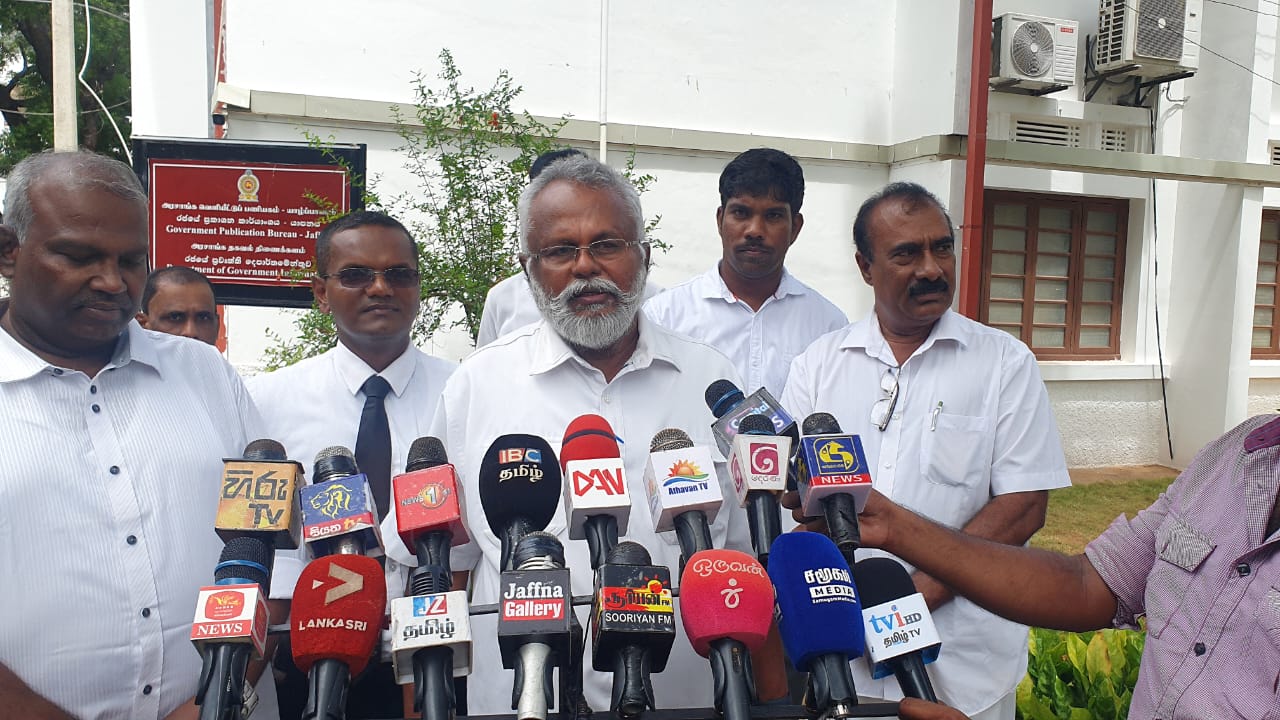
The Eelam People’s Democratic Party (EPDP) also submitted its nomination papers at the Jaffna District Secretariat. Party leader Douglas Devananda, a government-aligned paramilitary figure, expressed confidence in securing seats in the upcoming polls.
The EPDP functioned as a paramilitary group aligned with the Sri Lankan state and stands accused of a host of human rights abuses, including murder, extortion, kidnapping, international child trafficking and running child prostitution rings for Sri Lankan soldiers.
Read more, including from a leaked 2007 US embassy cable on the activities of the EPDP, here and here.


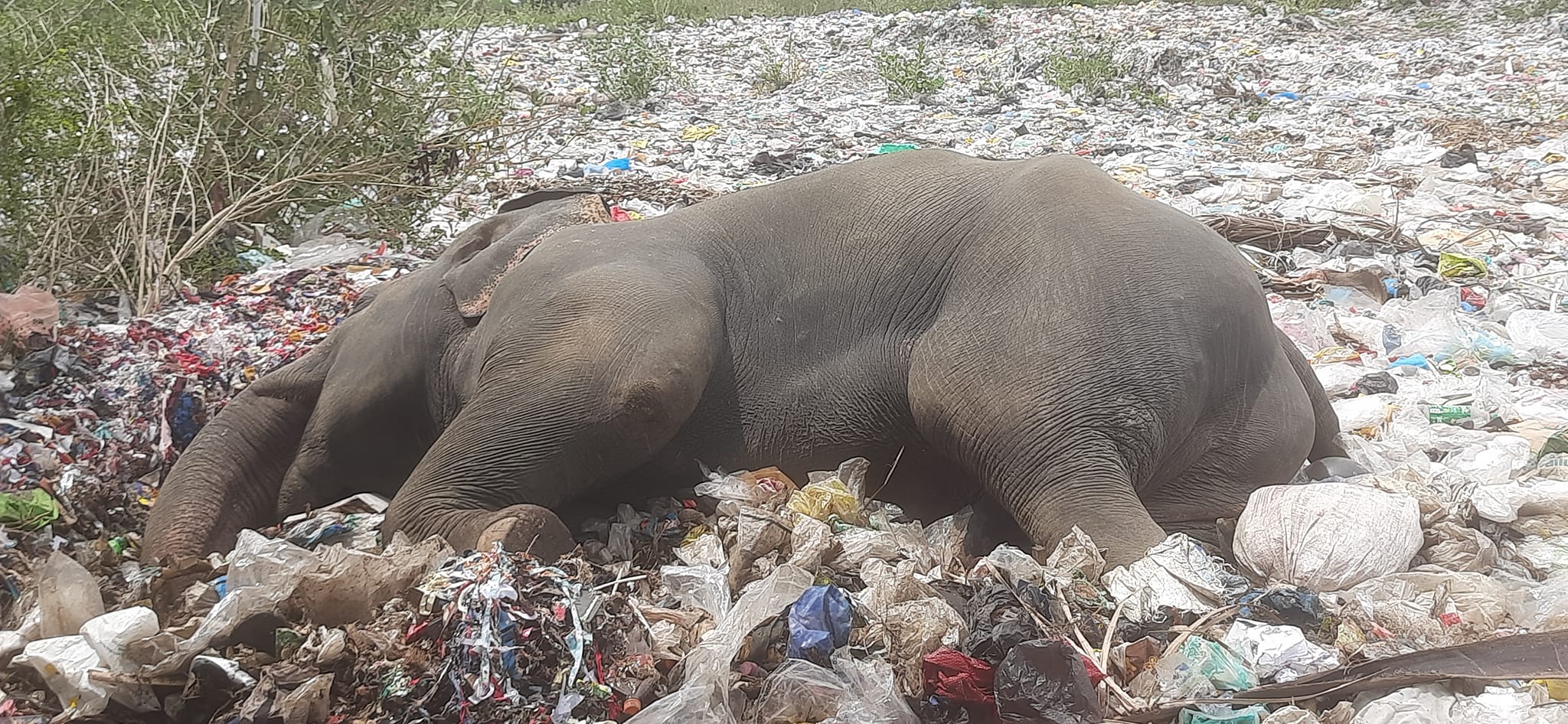

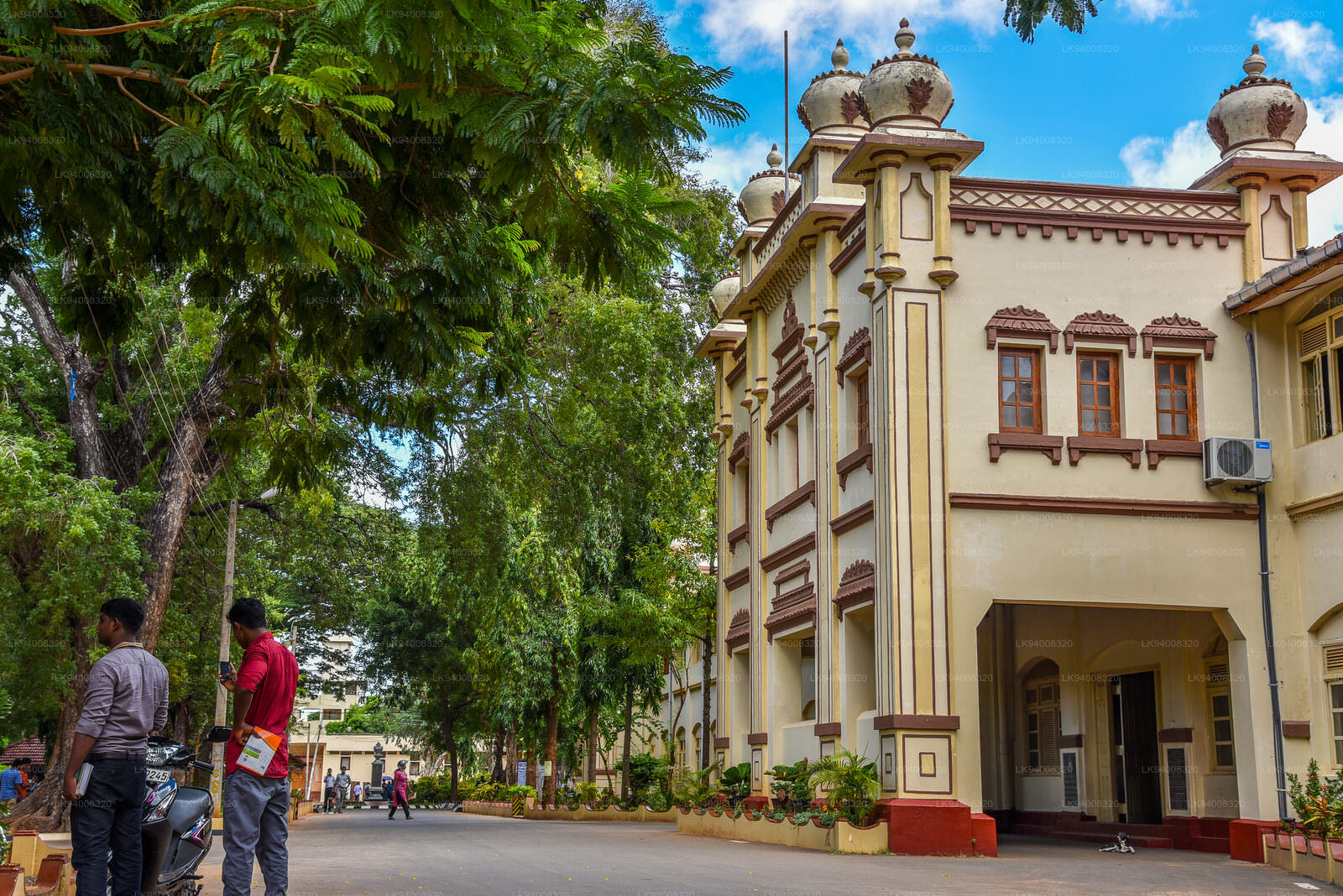

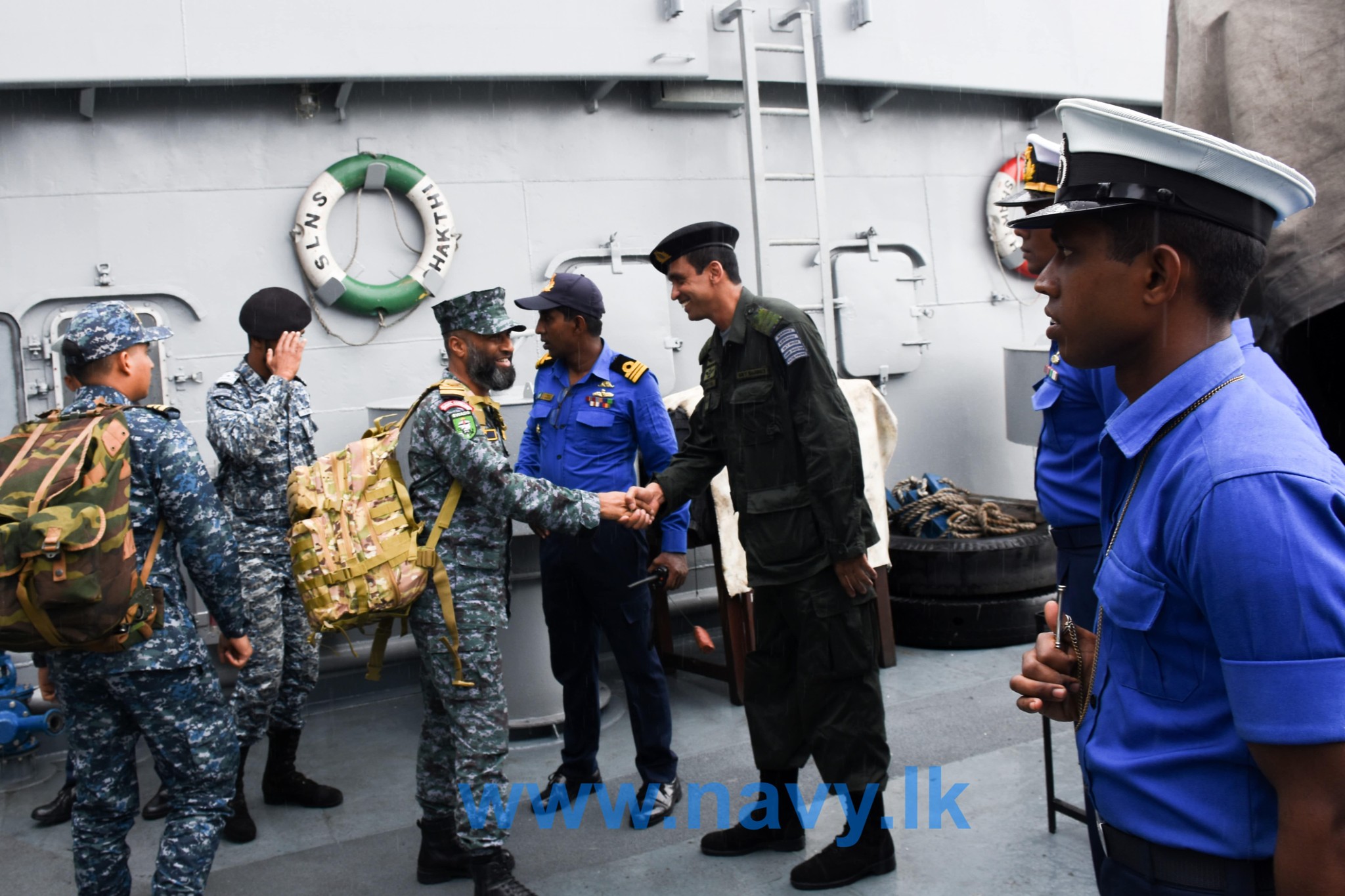
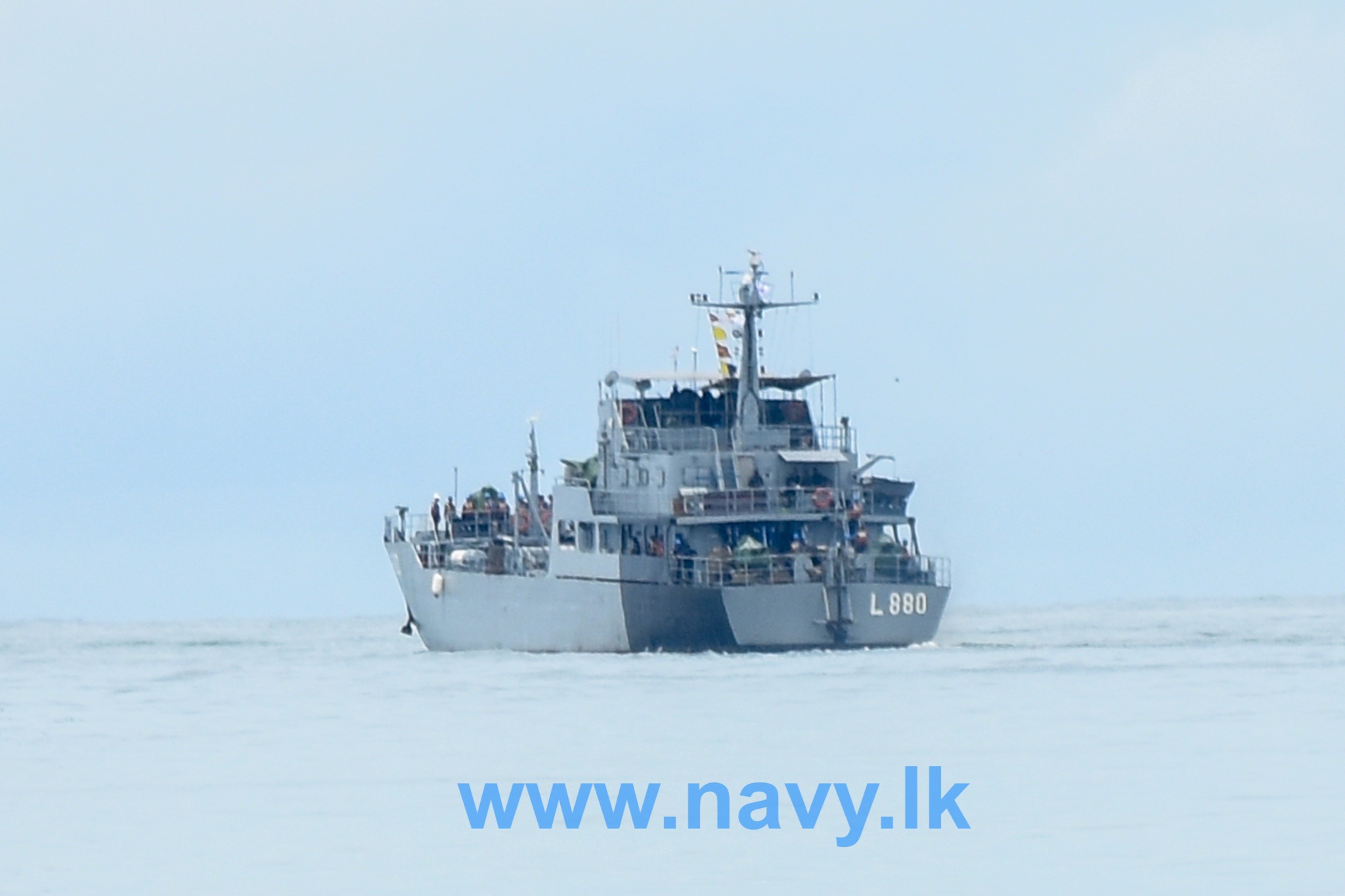
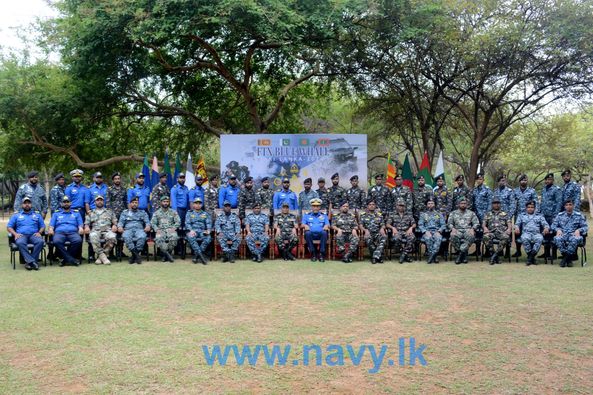

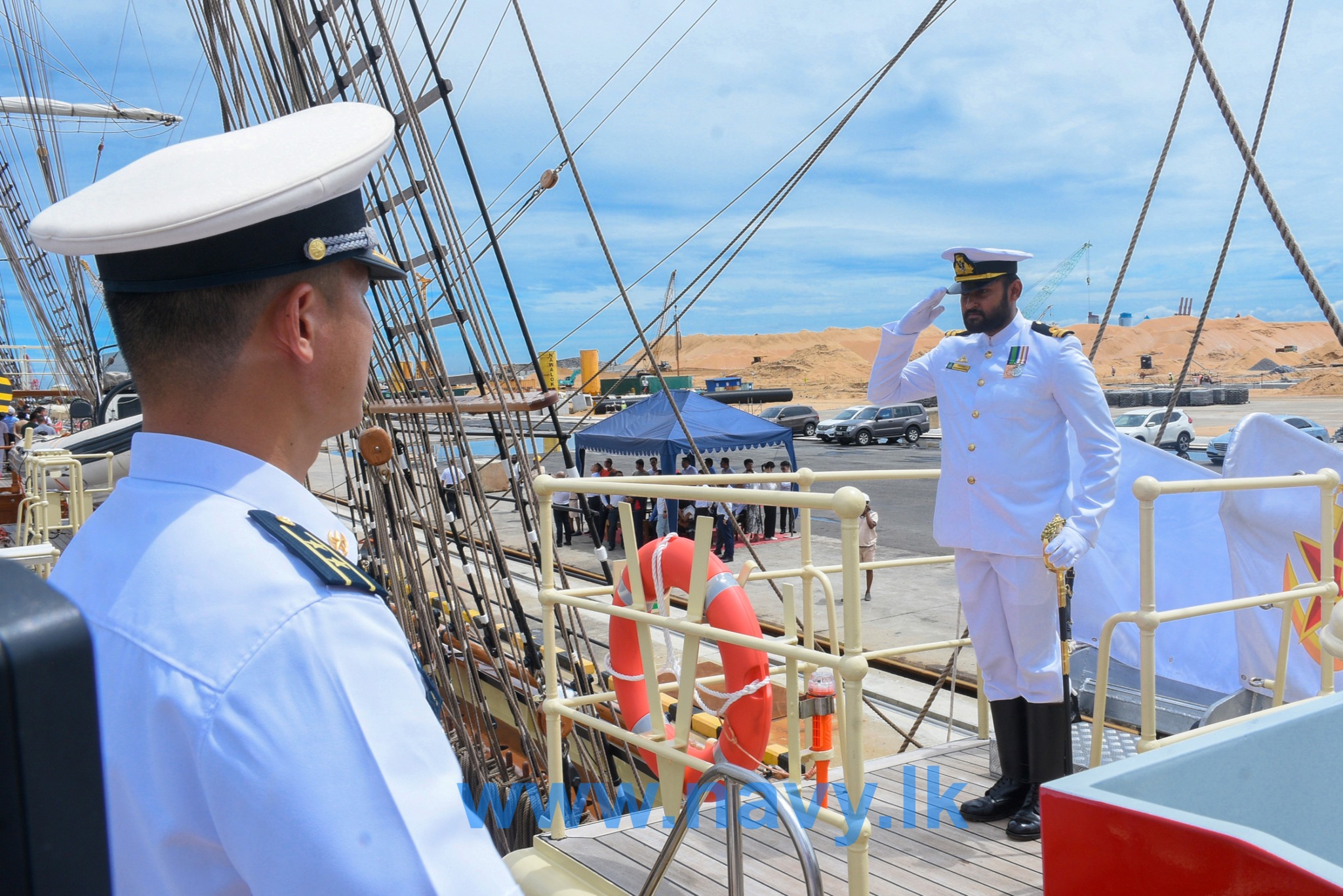
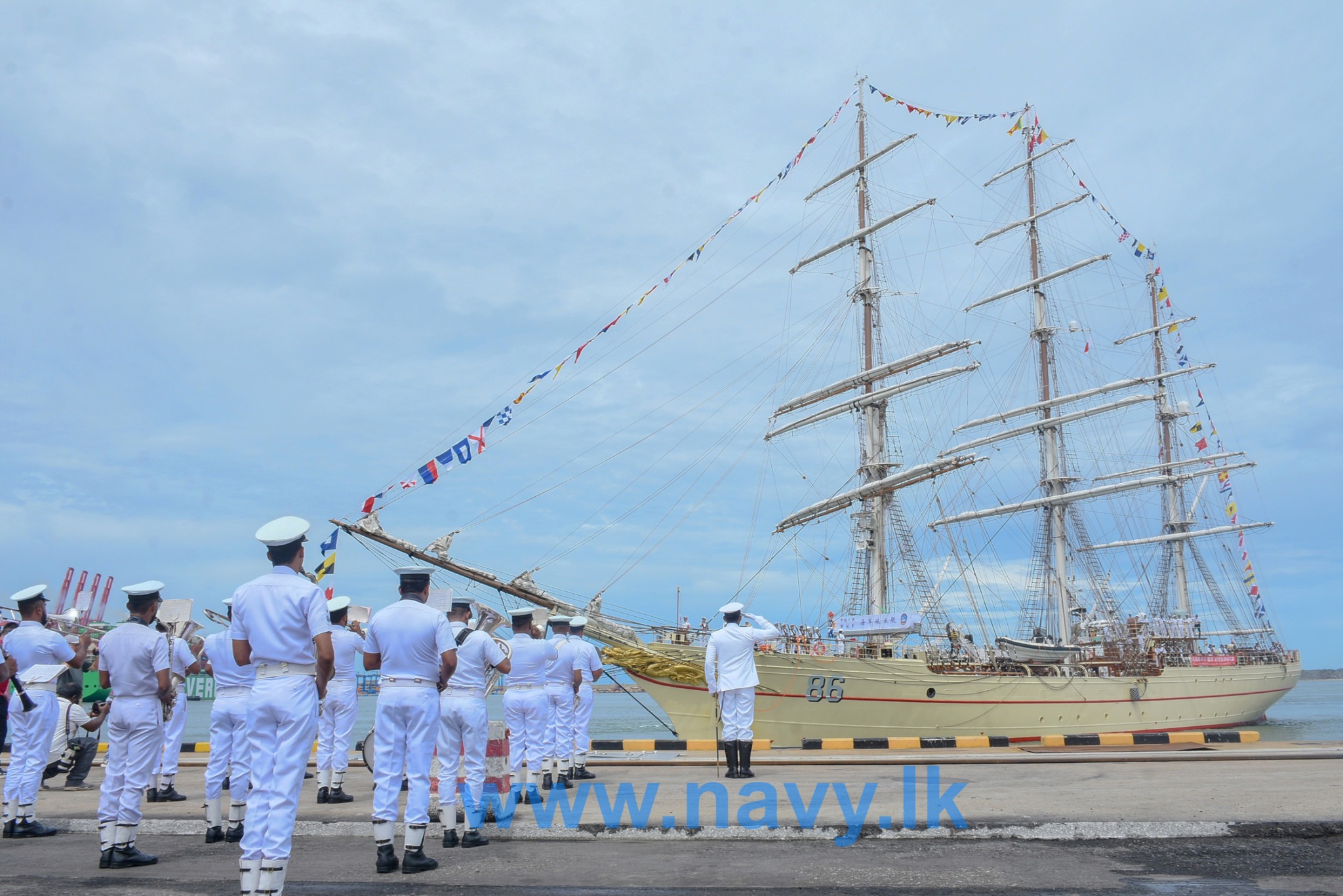

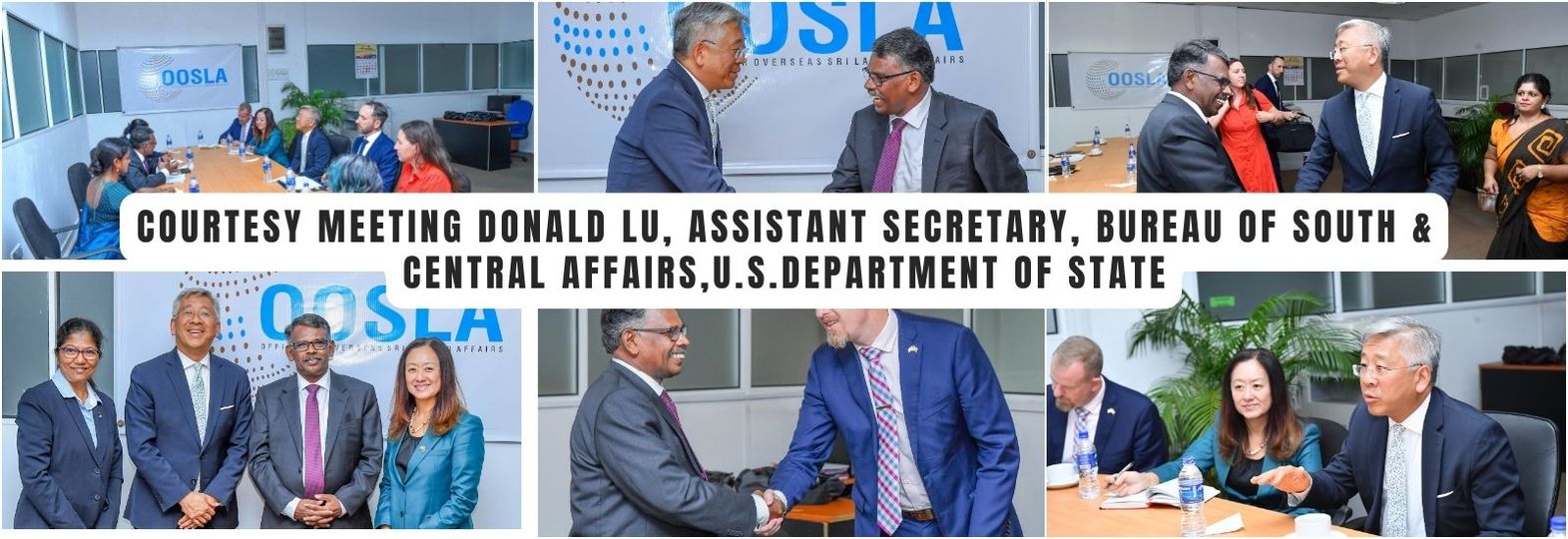

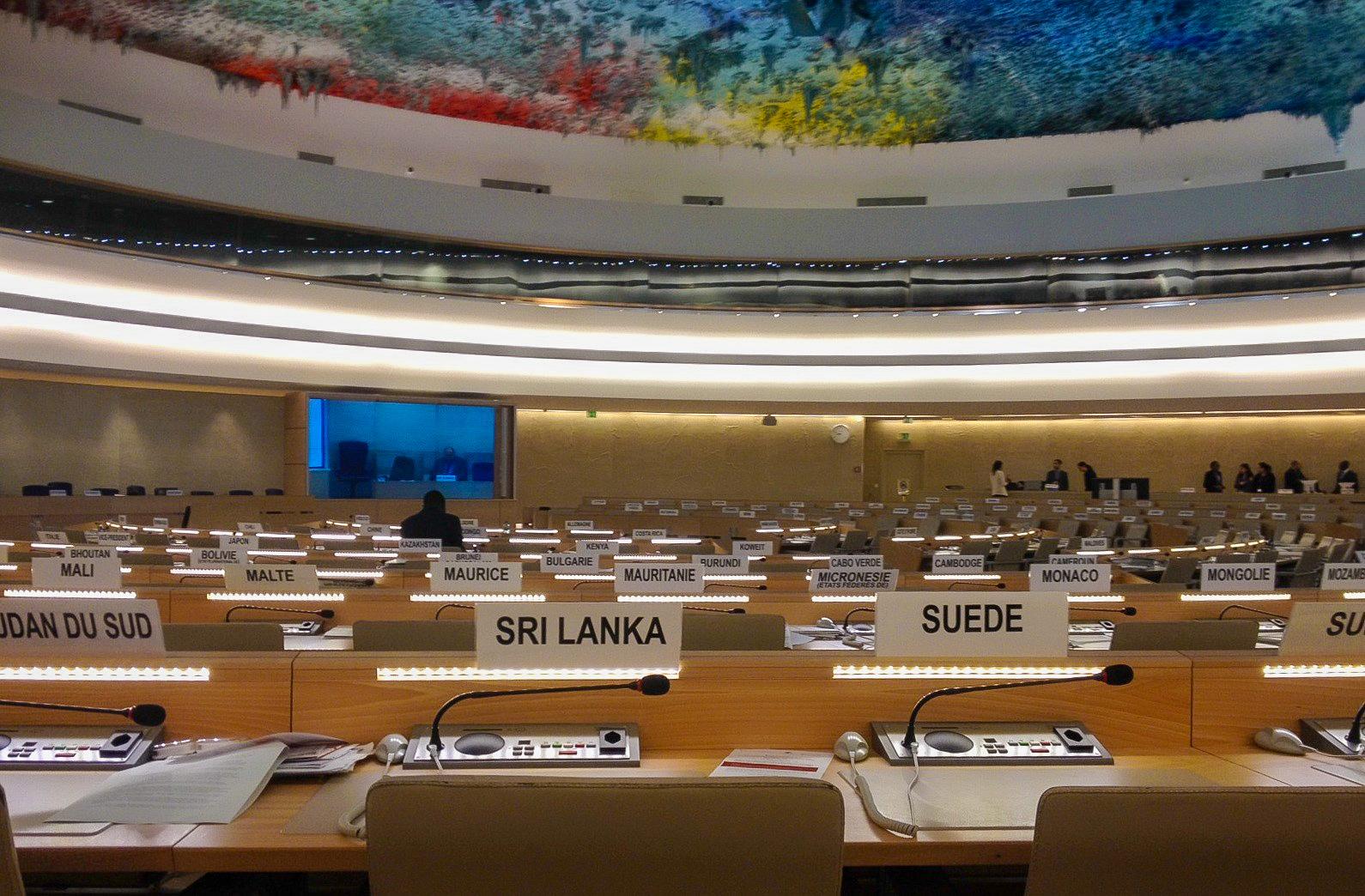
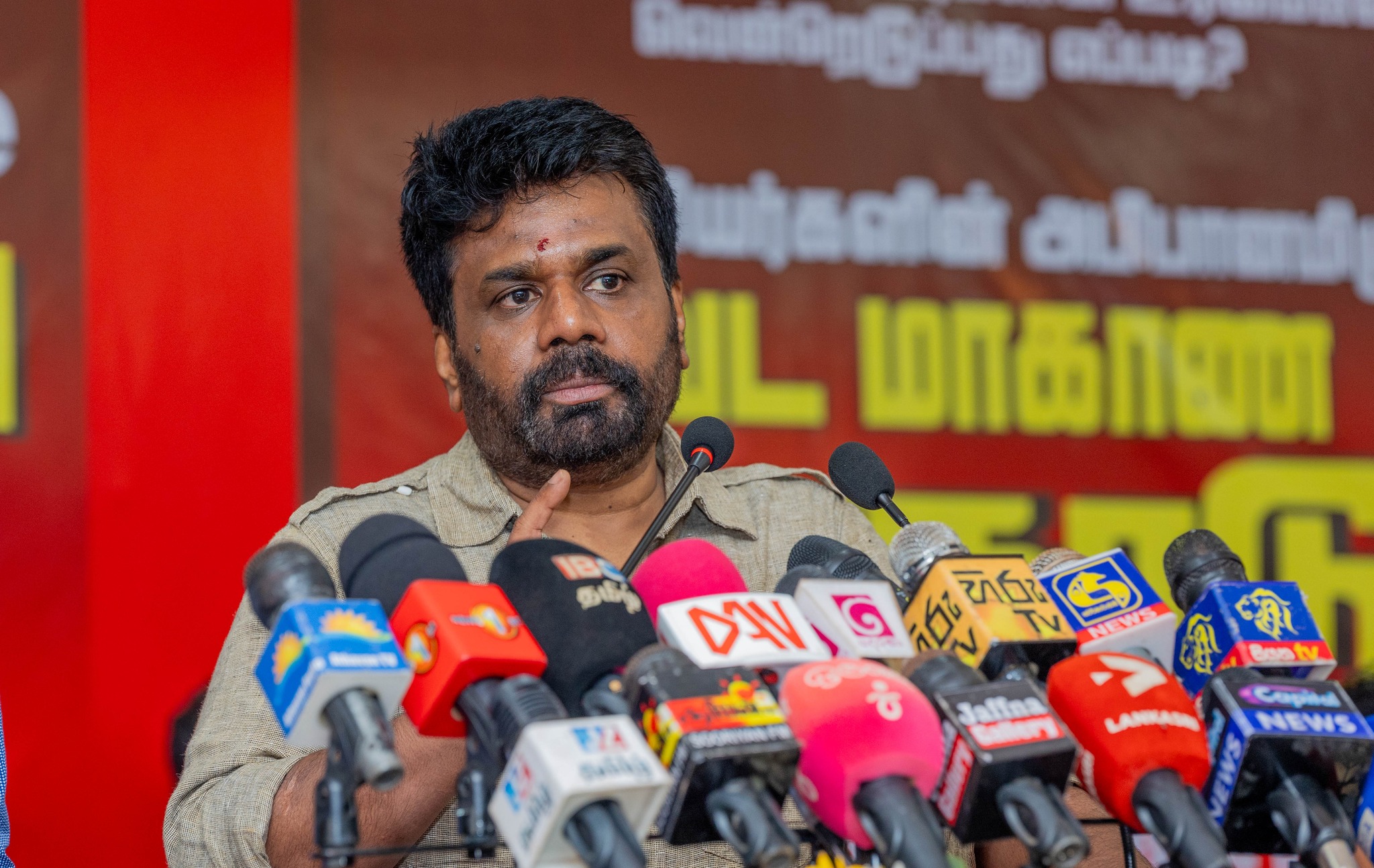




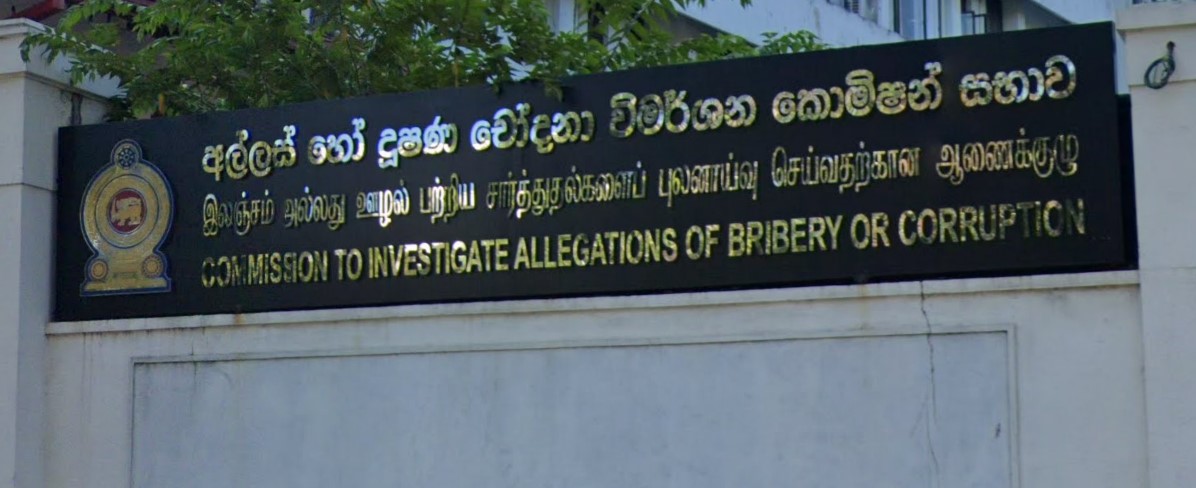


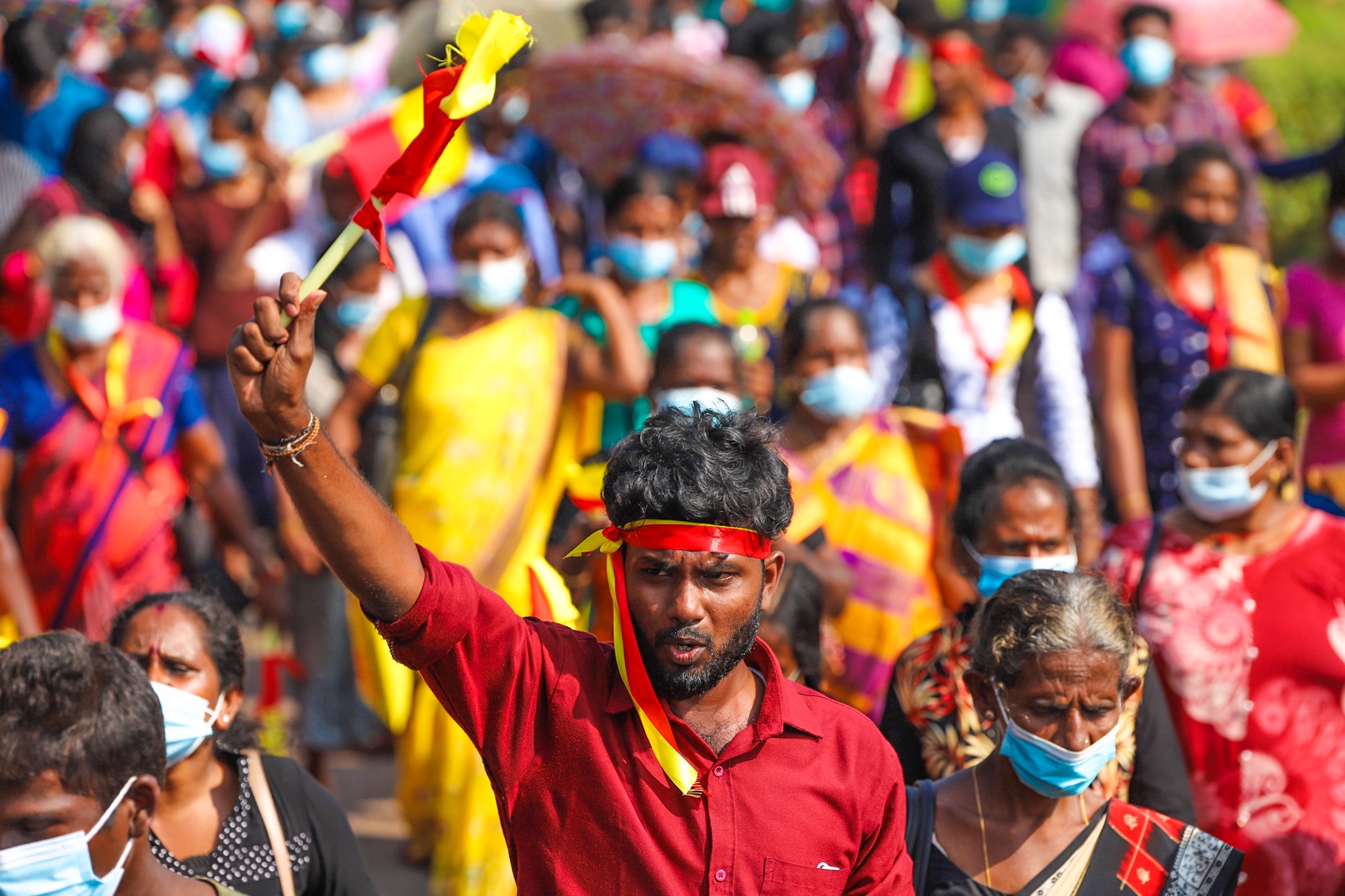

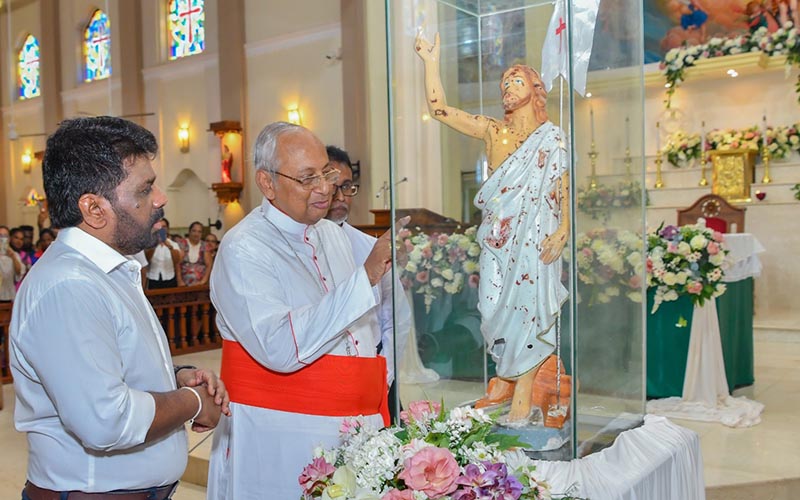
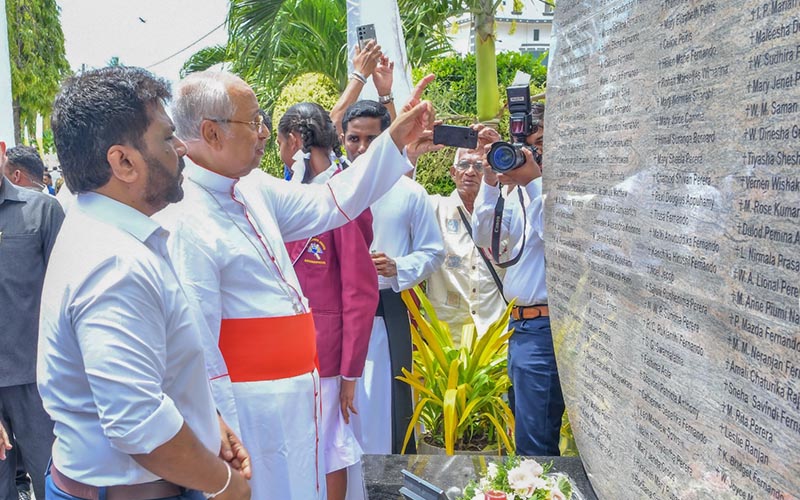
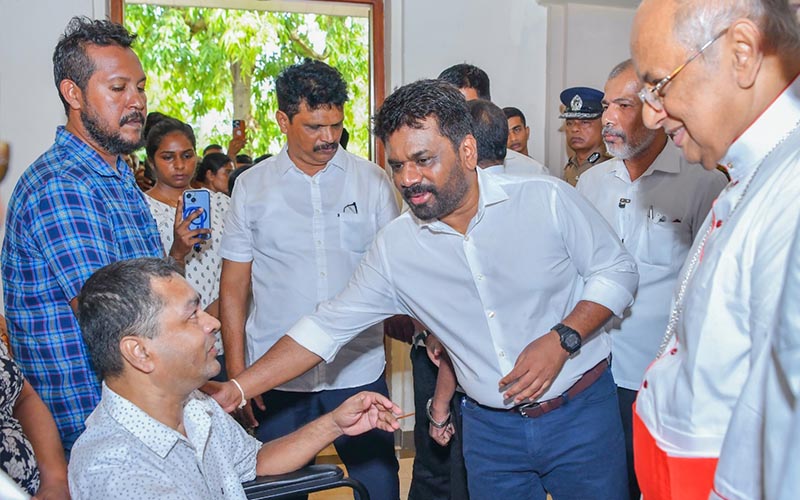




 In a strategic move, the Democratic Tamil National Alliance meanwhile announced its decision to contest the upcoming parliamentary elections in Colombo, shifting focus beyond its traditional base in the North-East. This marks a significant departure for the alliance, which will now campaign under the conch symbol. The announcement was made by Suresh Premachandran during a media briefing at his residence in Jaffna. Last week
In a strategic move, the Democratic Tamil National Alliance meanwhile announced its decision to contest the upcoming parliamentary elections in Colombo, shifting focus beyond its traditional base in the North-East. This marks a significant departure for the alliance, which will now campaign under the conch symbol. The announcement was made by Suresh Premachandran during a media briefing at his residence in Jaffna. Last week

